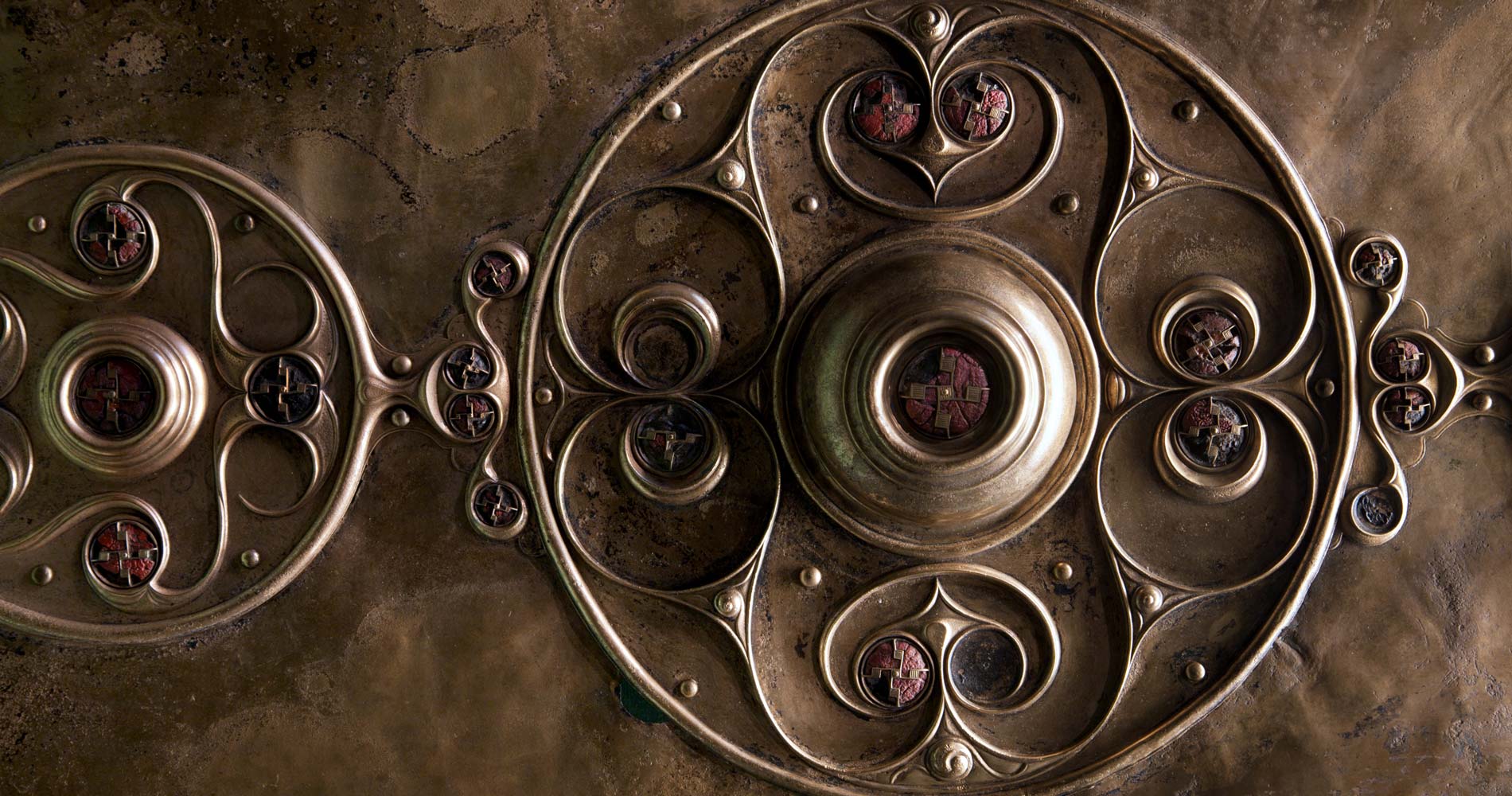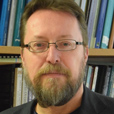View semester dates
2 years part-time,
3 years part-time

Uncover the reality behind the ancient Celts
Year of entry: 2026 (September)
Discover more about the ancient Celts and their encounters with the Greek and Roman world.
The European Iron Age is a dynamic focus of contemporary archaeological research. This course takes an interdisciplinary approach, studying archaeological evidence alongside classical literary sources, and examines the impact of new scientific analysis.
You'll discuss the nature of Celtic identity and the broader meaning of ethnicity in past societies. Scientific developments, for example in ancient DNA research, will inform our ideas and spark new debates.
You can tailor the course with options covering a huge range of topics, including landscape, society, animals, conservation, and scientific techniques such as isotope and ancient DNA analysis. The skills you develop in laboratory and fieldwork will be useful for careers or further research in archaeology and heritage.
This is the only UK masters specialising in European Iron Age archaeology. The University of York is establishing itself as a major centre for research on the period, and the Department of Archaeology is home to staff with specialist expertise in the field.
You will study 180 credits over the duration of your course:
You will choose three option modules from examples including:
You'll also have the opportunity to choose options from our full module catalogue:
Some option modules combinations may not be possible. The option available to you will be confirmed after you begin your course.
Our modules may change to reflect the latest academic thinking and expertise of our staff, and in line with Department/School academic planning.
You'll complete a 15,000-word dissertation on your research.
You will receive support, advice and guidance from your dissertation supervisor throughout your project. The range of expertise of our staff means we can provide you with guidance on a wide range of topics. You will have one-to-one meetings with supervisors across Semester 2 and the Summer Semester.
Every course at York is built on a distinctive set of learning outcomes. These will give you a clear understanding of what you will be able to accomplish at the end of the course and help you explain what you can offer employers. Our academics identify the knowledge, skills, and experiences you'll need upon graduation and then design the course to get you there.
| Study mode | UK (home) | International and EU |
|---|---|---|
| Full-time (1 year) | £12,500 | £27,250 |
| Part-time (2 years) This is the year 1 fee. Fees for future years are subject to confirmation. |
£6,250 | £13,625 |
| Part-time (3 years) This is the year 1 fee. Fees for future years are subject to confirmation. |
£4,167 | £9,083 |
Students on a Student Visa are not currently permitted to study part-time at York.
For courses which are longer than one year, the tuition fees quoted are for the first year of study.
UK (home) or international fees? The level of fee that you will be asked to pay depends on whether you're classed as a UK (home) or international student. Check your fee status.
Find out more information about tuition fees and how to pay them.
We don't anticipate there being any additional fees associated with this course. All books and resources you need will be available in the library or online and it isn't mandatory that you buy your own copies. You may wish to set aside a small budget for photocopying, depending on how you like to work.
Discover your funding options to help with tuition fees and living costs.
We'll confirm more funding opportunities for students joining us in 2026/27 throughout the year.
If you've successfully completed an undergraduate degree at York you could be eligible for a 10% Masters fee discount.
We are pleased to work with Chevening Scholars to offer funding for our Masters programmes. Chevening Scholarships provide one year of fully-funded postgraduate study in the UK for international (including EU) students. The scholarships are open to early and mid-career professionals who have the potential to become future leaders.
You’ll work with world‐leading academics who’ll challenge you to think independently and excel in all that you do. Our approach to teaching will provide you with the knowledge, opportunities, and support you need to grow and succeed in a global workplace.
For core modules, you'll learn through a combination of lectures, seminars and discussion groups, based on particular readings. There are opportunities for fieldwork and lab-based practicals, depending on the modules you choose.
You will be based on Campus West and in King's Manor.
Our beautiful green campus offers a student-friendly setting in which to live and study, within easy reach of the action in the city centre. It's easy to get around campus - everything is within walking or pedalling distance, or you can always use the fast and frequent bus service.
You will be assessed by a variety of methods. Depending on which modules you take, these could include:
Many of the Department's graduates secure funding for PhD research projects and go on to pursue careers in academia. The course will also equip you for a range of careers from commercial archaeology to heritage and museum work. You will gain a broad range of transferable skills, applicable to areas beyond the archaeology and heritage sectors.
| Qualification | Typical offer |
|---|---|
| Undergraduate degree | 2:2 or equivalent |
| Other qualifications and experience | Mature students or those with less conventional qualifications but with relevant professional experience and enthusiasm for this field will be considered. To find out if your professional experience or qualifications are appropriate, please contact the Course Director. |
| Other international qualifications | Equivalent qualifications from your country |
If English isn't your first language you may need to provide evidence of your English language ability. We accept the following qualifications:
| Qualification | Minimum requirement |
|---|---|
| IELTS (Academic and Indicator) | 6.5, minimum 6.0 in each component |
| Cambridge CEFR | B2 First: 176, with 169 in each component |
| Oxford ELLT | 7, minimum of 6 in each component |
| Oxford Test of English Advanced | 136, minimum 126 in each component |
| Duolingo | 120, minimum 105 in all other components |
| LanguageCert SELT | B2 with 33/50 in each component |
| LanguageCert Academic | 70 with a minimum of 65 in each component |
| Kaplan Test of English Language | 478-509, with 444-477 in all other components |
| Skills for English | B2: Merit overall, with Pass with Merit in each component |
| PTE Academic | 61, minimum 55 in each component |
| TOEFL | 87, minimum of 21 in each component |
| Trinity ISE III | Merit in all requirements |
For more information see our postgraduate English language requirements.
You may be eligible for one of our pre-sessional English language courses. These courses will provide you with the level of English needed to meet the conditions of your offer.
The length of course you need to take depends on your current English language test scores and how much you need to improve to reach our English language requirements.
After you've accepted your offer to study at York, we'll confirm which pre-sessional course you should apply to via You@York.
Get in touch if you have any questions




